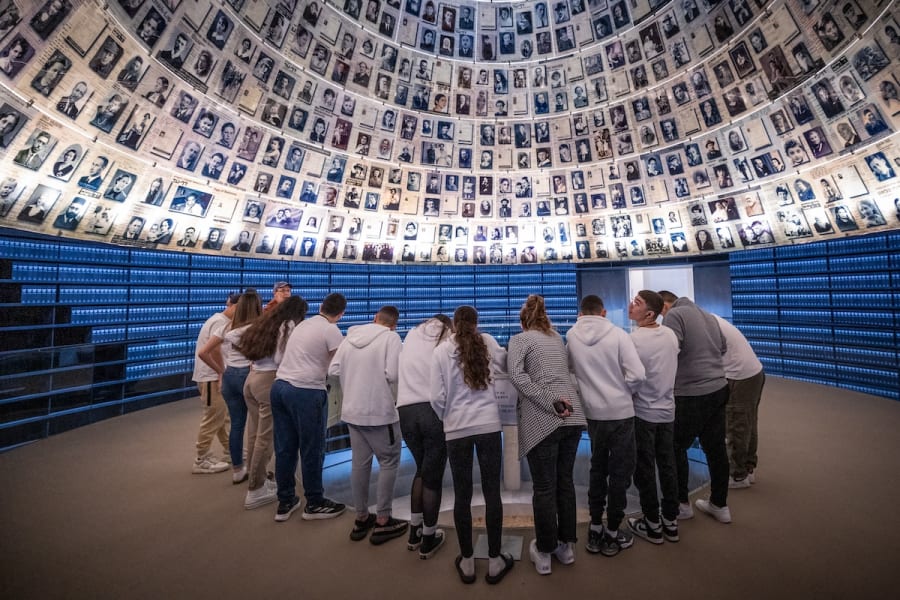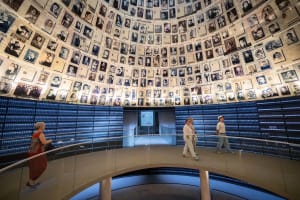UNESCO report warns AI could increase Holocaust denial

Instead of the debate about whether art imitates culture or culture imitates art, we now have a new dilemma with the emergence of Artificial Intelligence. Will AI simply regurgitate ideas from the internet, or will ideas be propagated on the internet because of AI? Either way, Holocaust denial and distortion may well be the result, according to UNESCO.
In a new report, UNESCO is warning of the dangers that could arise with the use of AI in relation to Holocaust education. With 80% of 10- to 25-year-olds now using AI, it has become a matter of urgency. In its focus on educational, scientific and cultural matters, the UN body has highlighted several key areas of concern regarding information about the Holocaust including dilution, distortion and falsification.
Holocaust denial and minimization of Nazi crimes are already rife on the internet. Distortions and lies are circulated widely in some circles, stirring up hatred and leading to antisemitic violence. However, the UNESCO report outlines how AI is likely to exacerbate the problem if left unchecked.
The following statement by UNESCO Dir.-Gen. Audrey Azoulay accompanied the report: “If we allow the horrific facts of the Holocaust to be diluted, distorted or falsified through the irresponsible use of AI, we risk the explosive spread of antisemitism and the gradual diminution of our understanding about the causes and consequences of these atrocities.”
Results generated by AI programs reflect a limited understanding of the world since information is gathered from a selection of sources, and will inevitably reflect the biases of the sources it draws from.
The UNESCO site explains: “This data is often mined from the Internet and may include misleading or harmful content. AI systems therefore inherit human biases, potentially misrepresenting information about specific events, reinforcing prejudices."
"This is particularly true in the context of Holocaust, because of the prevalence [of] disinformation about this event. The report notes that due to lack of supervision, guidance and moderation by AI developers, generative AI tools may also be trained on data from Holocaust denial websites.”
Whether intentionally or not, widespread use of such programs over time may result in misleading or incomplete responses at best, and Holocaust denial and distortion at worst.
However, more than inadvertent inaccuracies caused by flaws in AI programs, the UN body highlighted the opportunities afforded to antisemites to deliberately spread lies. AI can be used to create images and videos that are completely fake, with “deep fake” videos appearing totally real. The report noted that some AI-assisted programs actually allow users to interact with simulated historical figures, including prominent Nazis like Adolf Hitler.
In response, the UNESCO report recommended that rules of ethics for the development and use of AI should be created and adhered to by governments and tech companies. It is hoped that regulation might limit abuses, preserving accuracy in education about the Holocaust and the events that led to the murder of so many millions.

Jo Elizabeth has a great interest in politics and cultural developments, studying Social Policy for her first degree and gaining a Masters in Jewish Philosophy from Haifa University, but she loves to write about the Bible and its primary subject, the God of Israel. As a writer, Jo spends her time between the UK and Jerusalem, Israel.
You might also like to read this:














